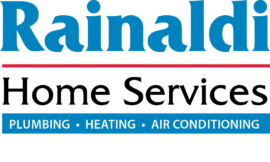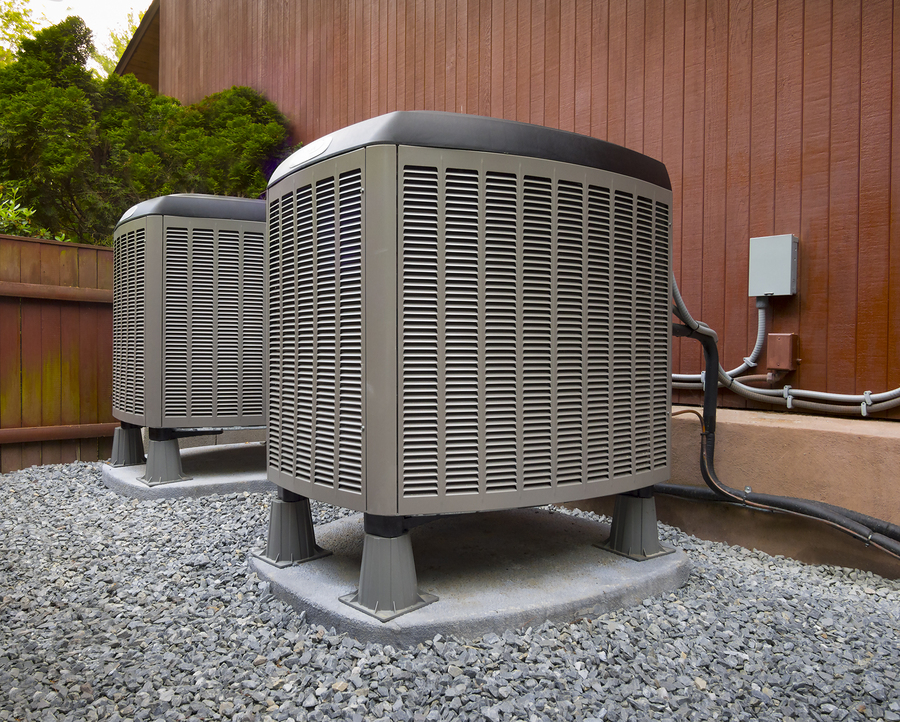If you’re installing or replacing a central HVAC system in your Orlando area home, you may want to consider replacing it with a heat pump.
Air conditioners use electricity to cool the air and push it through the ducts. A heat pump both heats and cools the air – literally moving ambient heat inside (for heating) or outside (for cooling) instead of generating it. As a result, heat pumps are much more energy efficient.
Heat pumps generally work best in parts of the country where electricity is reasonable and the temperatures don’t get too low. In the summer months they provide cool air and controlled humidity.
Efficiency ratings
Energy efficiency for heating and cooling equipment is indicated by a Seasonal Energy Efficiency Ratio (SEER) for cooling, and a Heating Season Performance Factor (HSPF) for heating. These ratings are listed on the equipment’s ENERGY STAR® label. In warmer climates, the SEER rating would be more important than HSPF.
The higher the ratings, the better the efficiency – although it also means the higher the cost initially. In the long run, a high efficiency heat pump can save considerable energy (and money), repaying that initial investment many times over during the life of the heat pump.
Every residential heat pump has an EnergyGuide label, which displays the heat pump’s heating and cooling efficiency performance rating, comparing it to other available makes and models.
Size matters
Getting the proper sizing for your equipment is crucial. If you have a heat pump that is too large for your home, regulating the temperature and humidity will use too much energy. If it’s too small, it won’t be able to keep up with the desired comfort level – especially during the hottest and most humid times.
Safety first
If you’re thinking of switching to a heat pump for your home, we can help. Contact the specialists here at Rainaldi to insure your heat pump is installed quickly and correctly.

